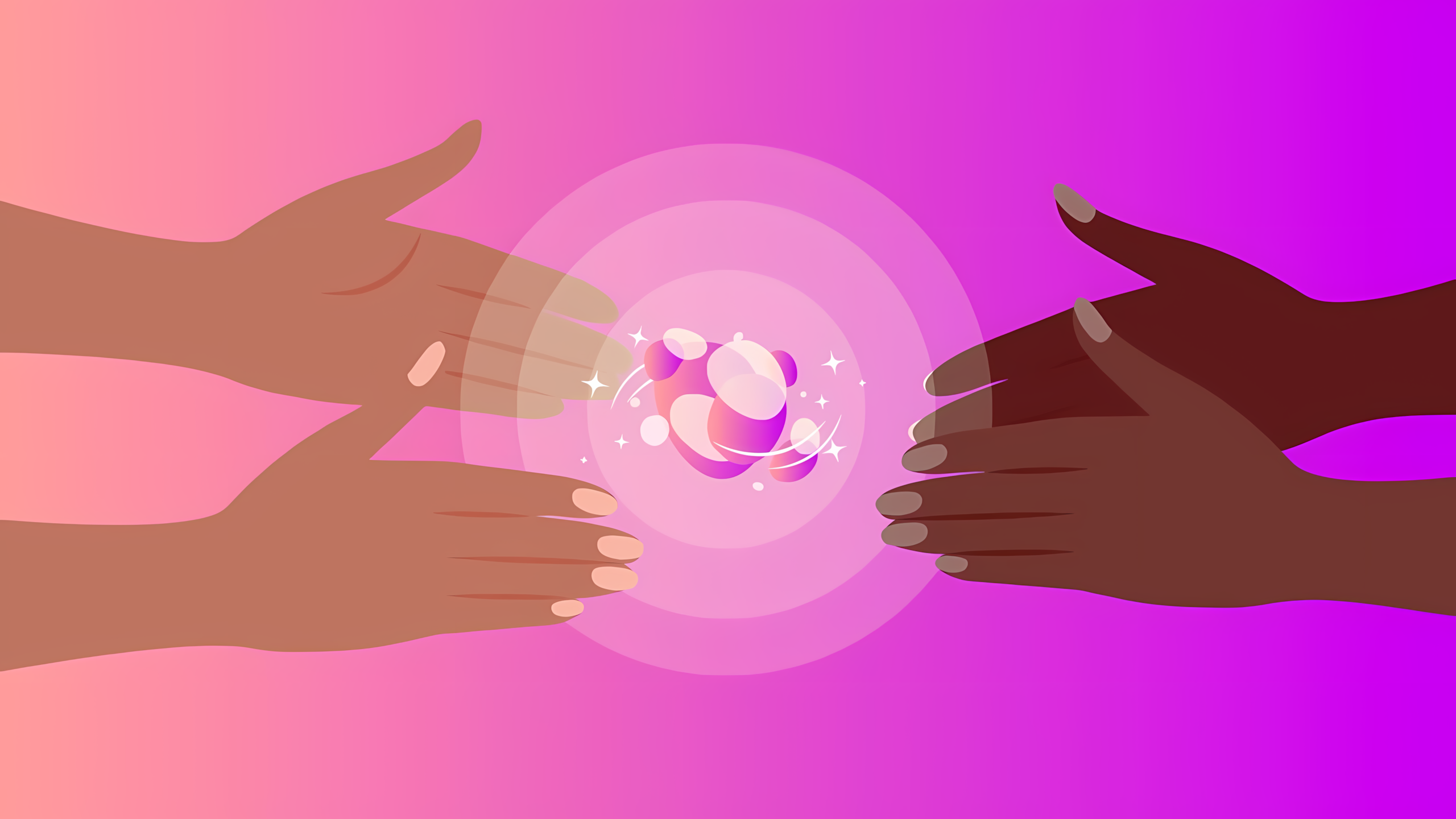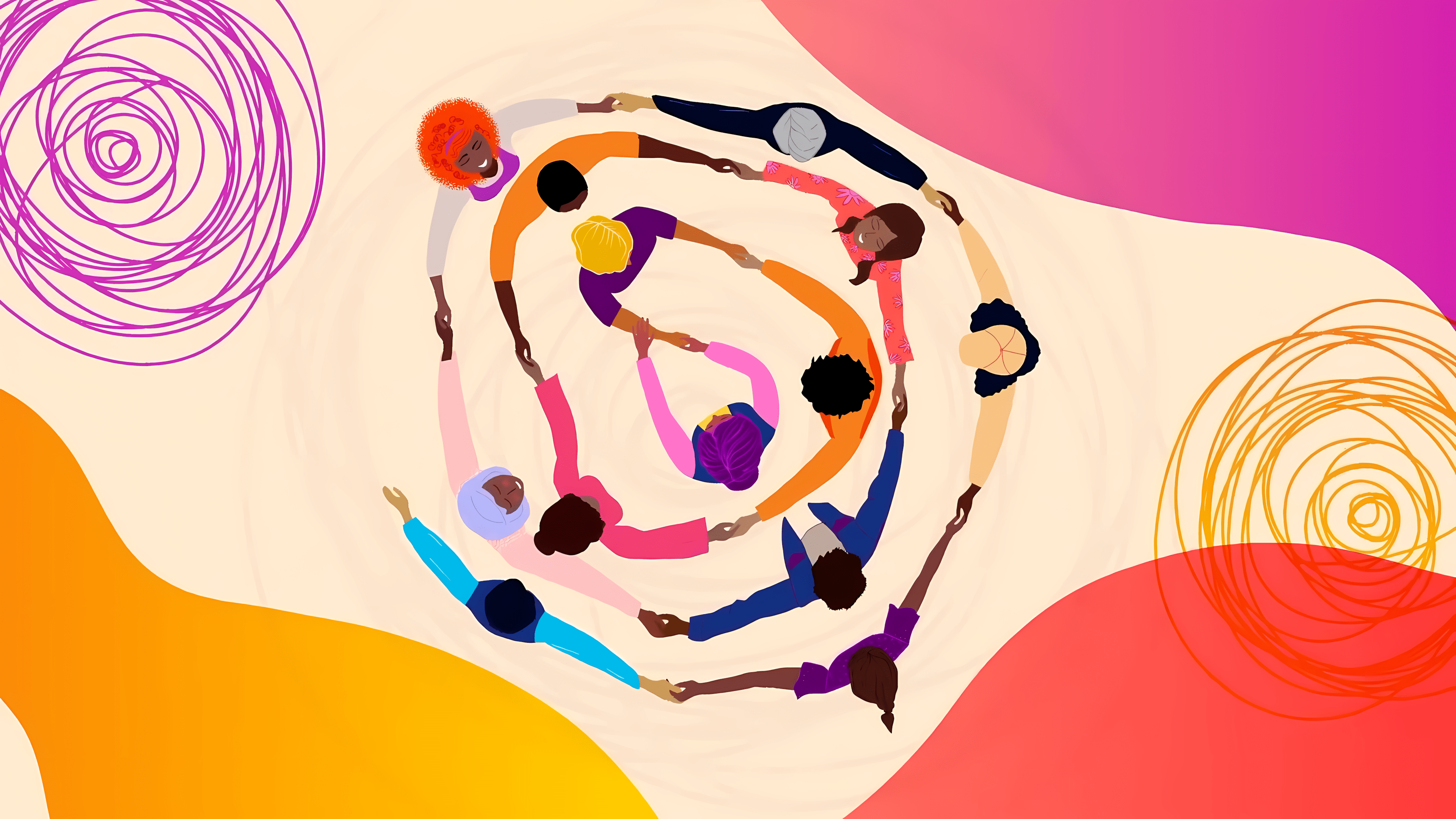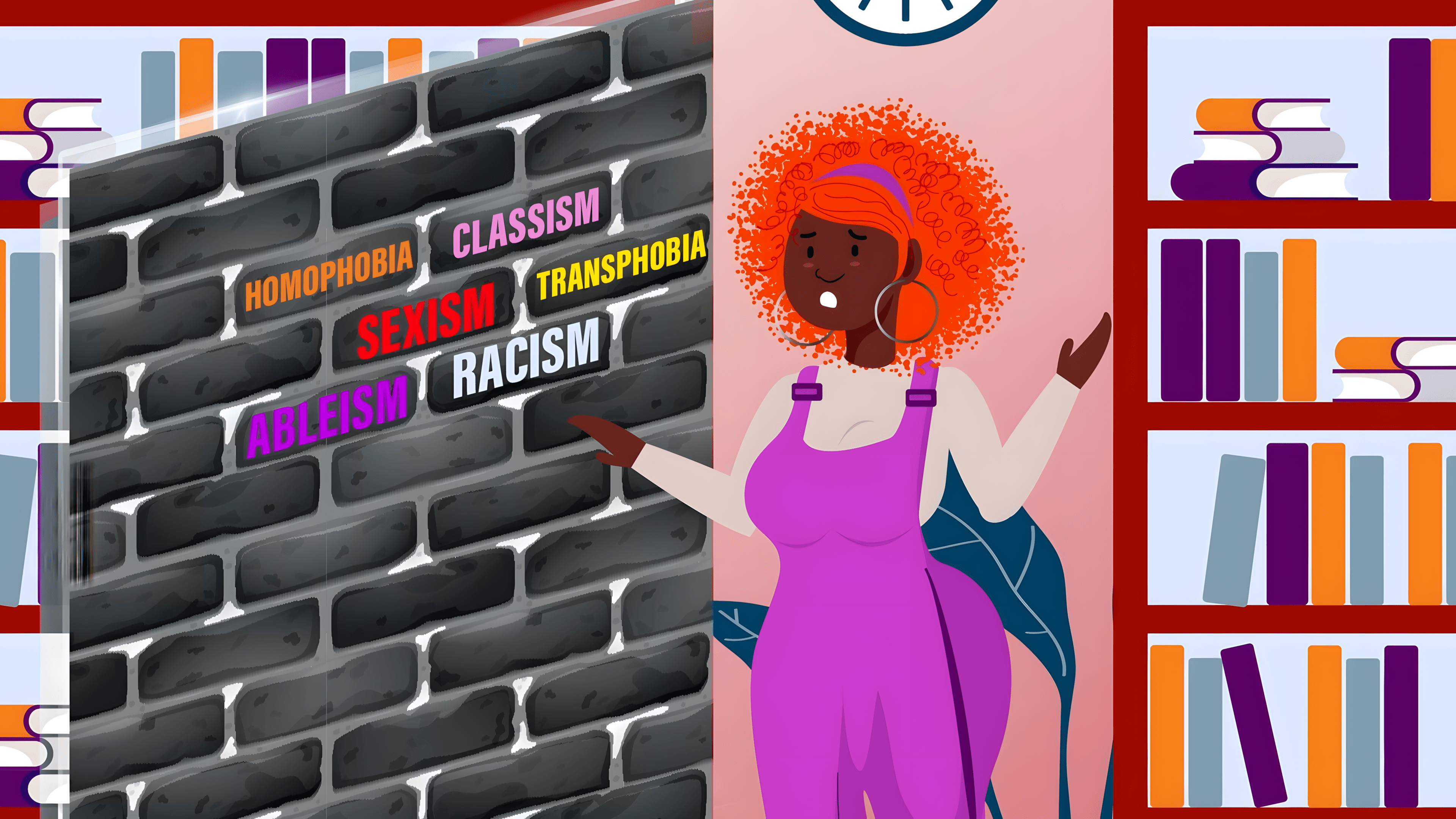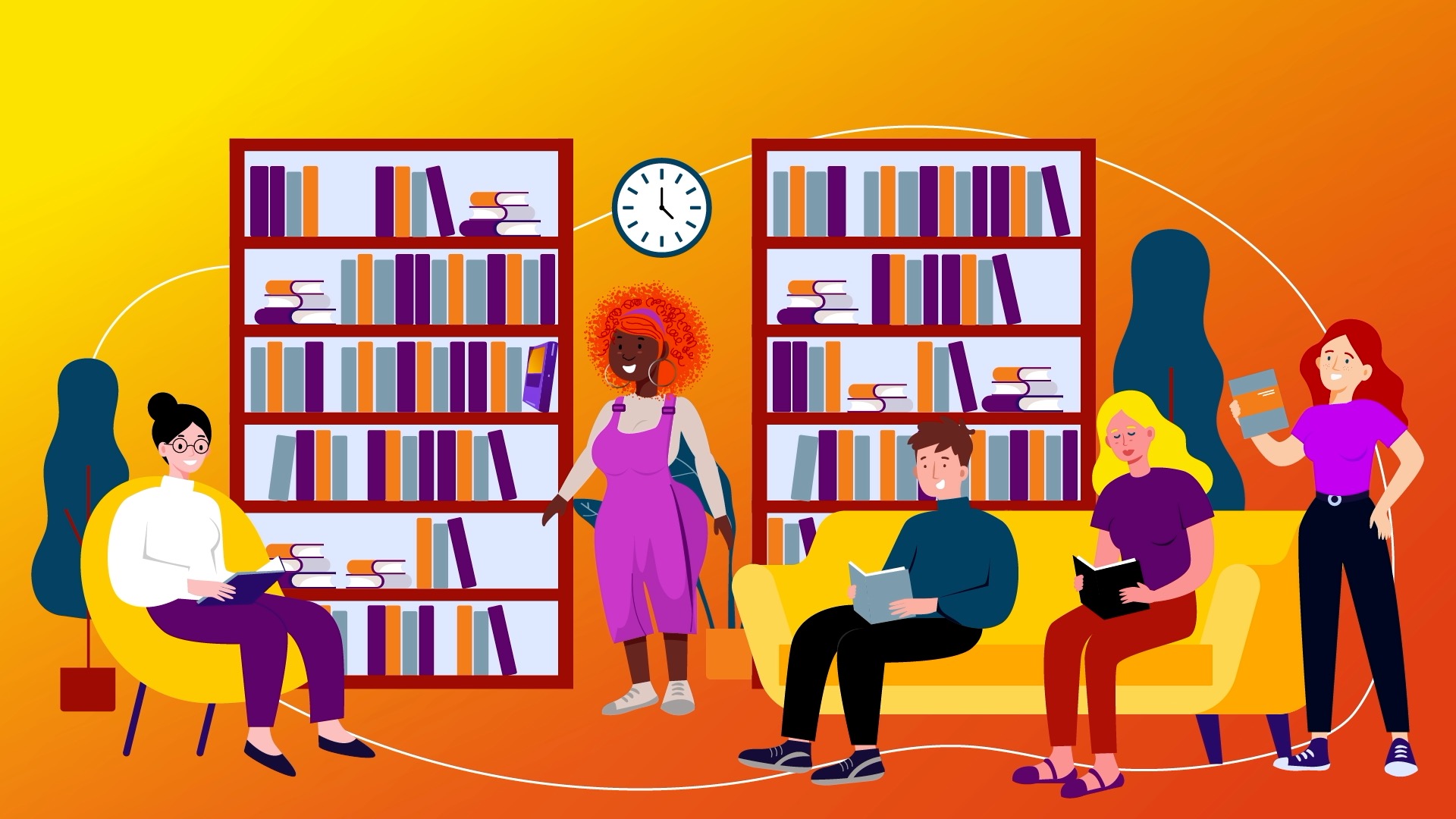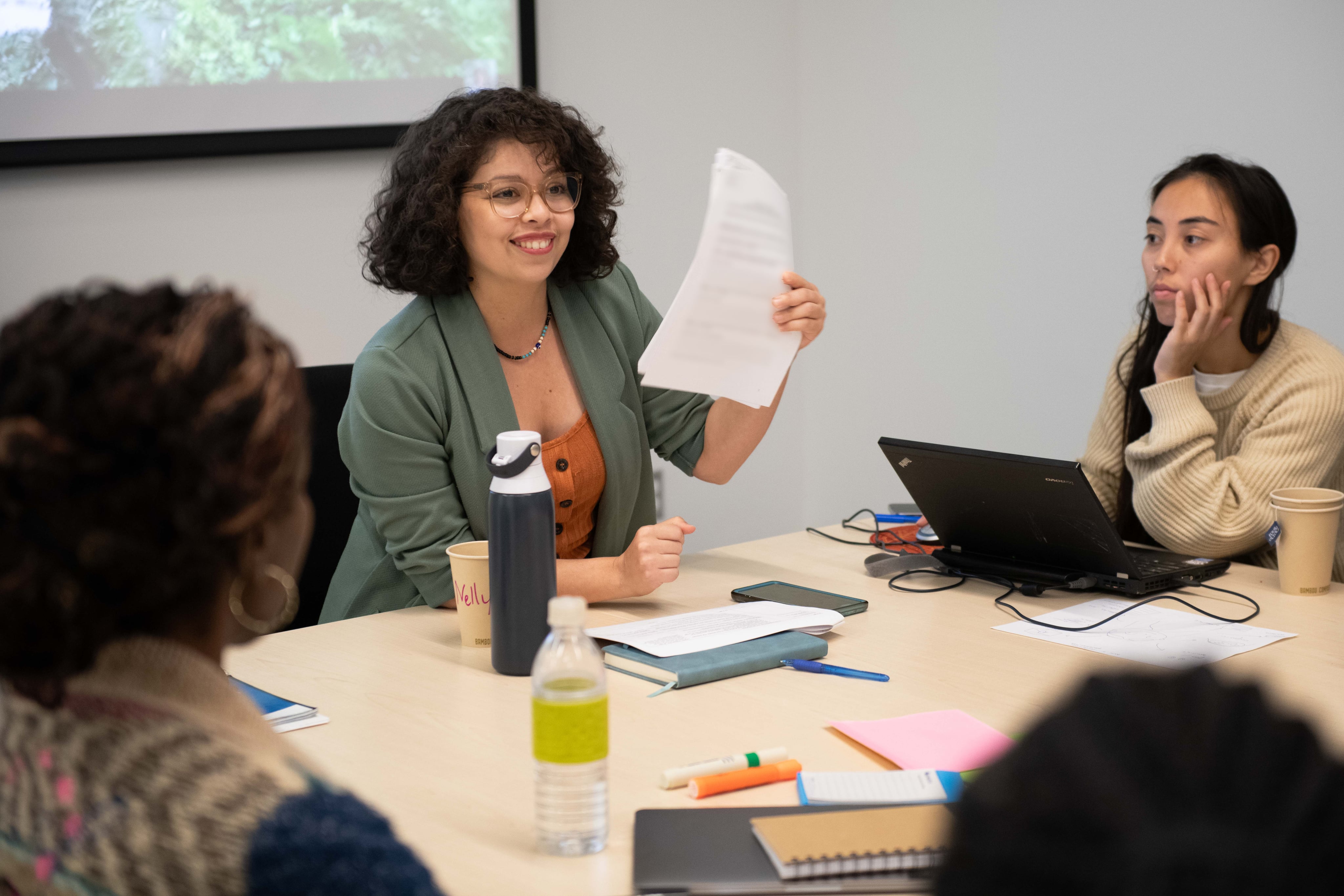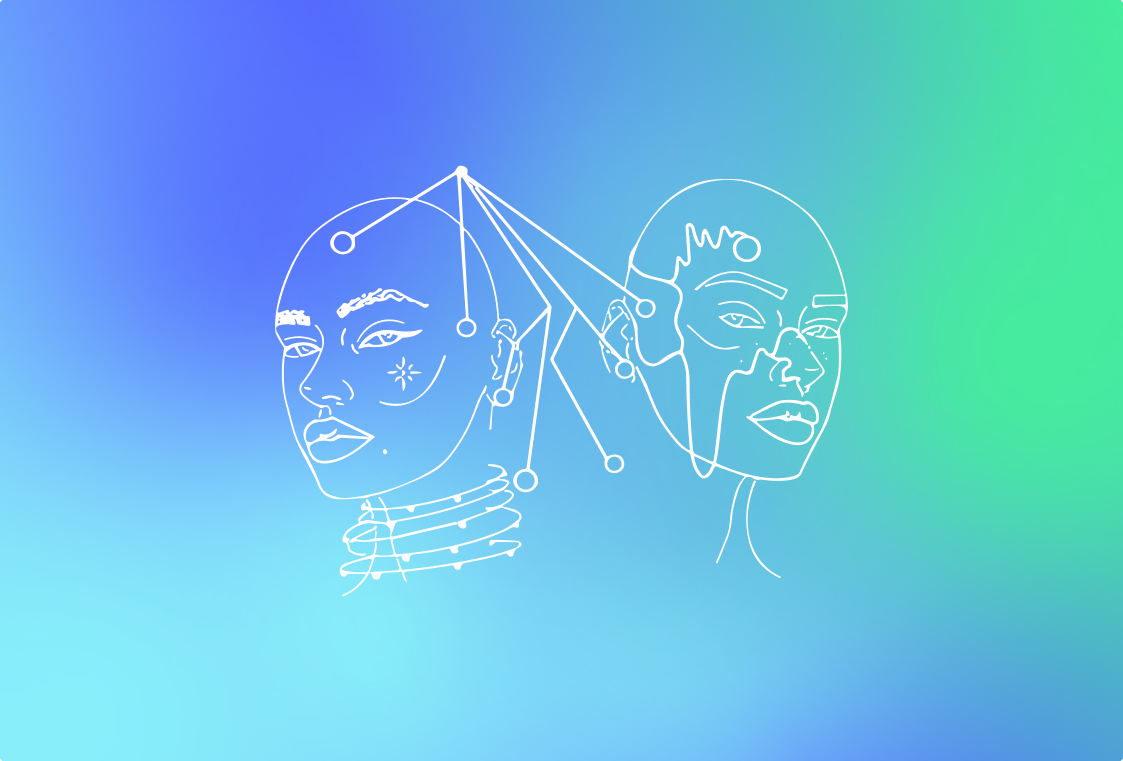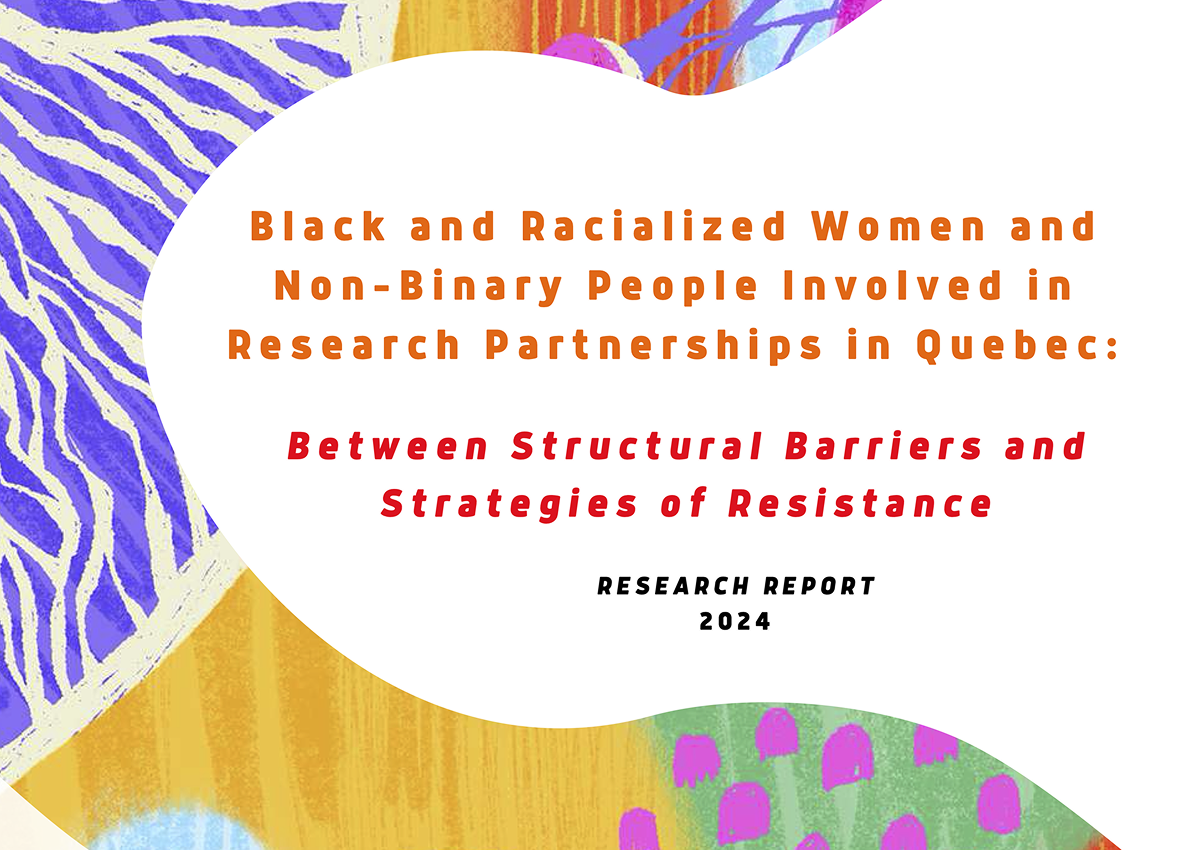Protecting Your Light and Strength in Hostile Environments
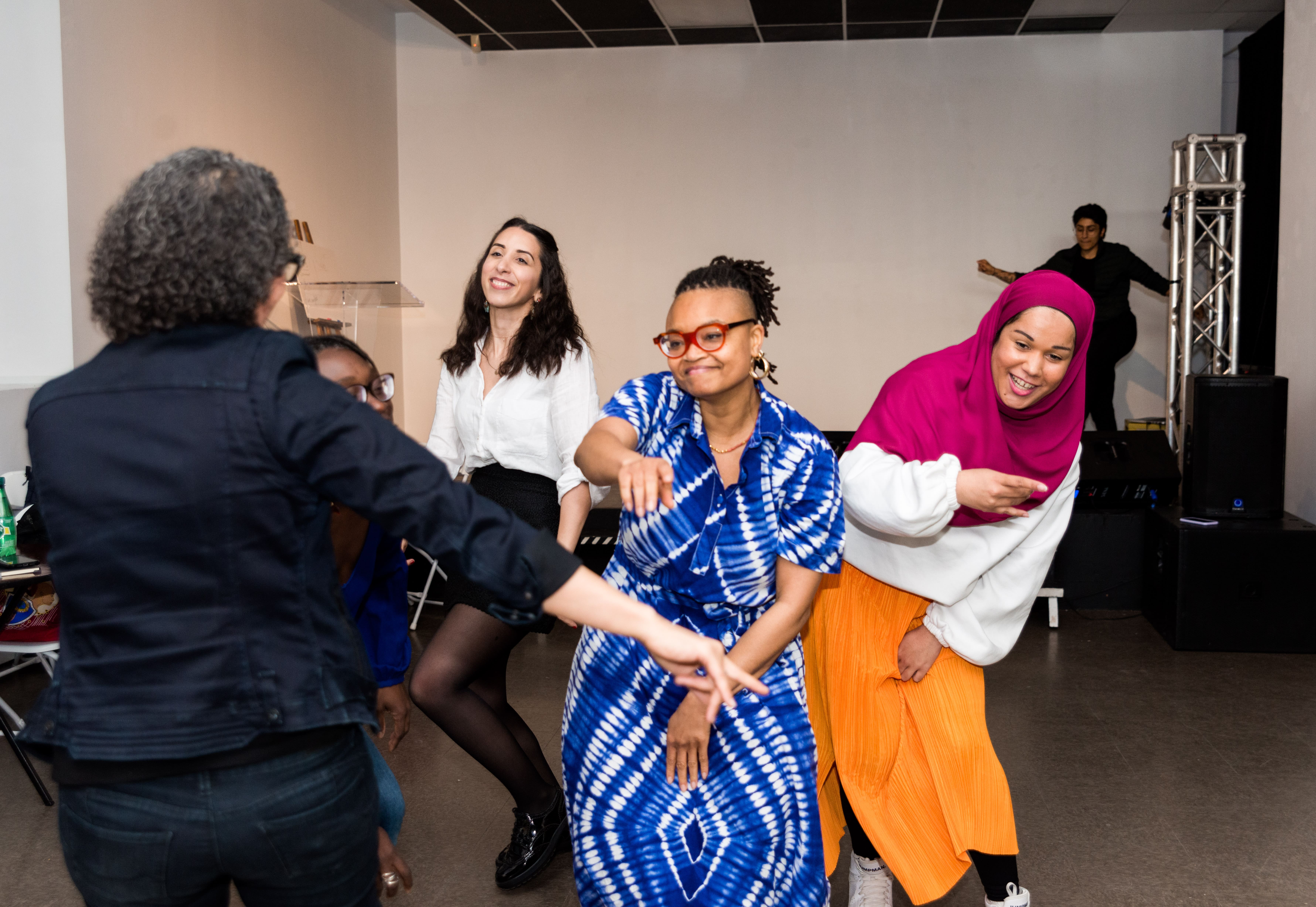
In the face of systemic violence, learning to protect oneself is a vital skill. In research spaces—like many other professional settings—Black and racialized women and people with marginalized gender identities often contend with layers of hostility: microaggressions, exclusion, and the appropriation of their knowledge. These experiences chip away at their agency, stall professional growth, and erode self-worth.
It’s within this reality that Marie Dasylva, professional coach and anti-domination strategist, shared her insights at the PARR Forum. Drawing on both her lived experience and her expertise, she reminded participants of a fundamental truth: oppression traps us in survival mode, depletes our inner reserves, and gradually erodes our ability to envision a future.
Developing self-defence strategies means refusing that entrapment. It’s a commitment to preserving one’s dignity, safeguarding one’s energy, and nurturing the possibility of becoming—despite the system’s violence.
During her presentation, Marie Dasylva generously offered strategies for setting boundaries, reclaiming control over what is within reach (resources, priorities, limits), and continuing to move forward without abandoning oneself along the way. Here are a few of them:
1. Saying No Without Guilt
In her coaching work, Marie Dasylva teaches that every “no” said in response to an abusive demand is an act of self-preservation. Saying no is a way of protecting your life force, your time, and your ability to invest in what truly matters to you. It’s a recognition that our capacities are not infinite, and that no institution has the right to squeeze us to the point of exhaustion. Turning down what doesn’t serve us makes room for what does.
2. Claiming Your Right to Fully Exist
This can take the form of small but powerful gestures: standing tall, asserting your presence with your voice, or claiming your visibility through clothing, art, or the way you carry yourself. In spaces where your mere existence can be seen as disruptive, choosing not to shrink or disappear is already an act of resistance.
3. Releasing the Desire to Be Liked by Everyone
Speaking truthfully, naming root causes, and embracing radical honesty in a world that denies injustice rarely makes you popular. Depending on the situation, sometimes you have to be willing to ruffle feathers, to make others uncomfortable, to break the illusion of harmony and equality. Freeing yourself from the need to be liked is essential to staying true to your integrity.
4. Embracing Instability
Stability within a toxic environment is an illusion. As several Forum participants noted, it’s more empowering to chart a personal path rooted in dignity and joy—even if the journey is uncertain. Sometimes, choosing fertile instability over stagnant stability is the most radical form of self-preservation.
5. Letting Go of the Need to Explain
As one participant aptly said, “It’s 2023—all the words have been said. Access to those words is free.” Marie Dasylva also urges us to release the pressure to constantly explain ourselves. The burden of justifying our boundaries or narrating our experiences only fuels a system that takes without giving back. Refusing to explain becomes a protective act: it asserts that our experiences are valid in and of themselves—needing no translation or external validation. Protecting ourselves means choosing when, how, and with whom we share our truths.
The coach ultimately encouraged us to think of self-defence as a strategic process, built on key conditions for success:
Prepare emotionally: Acknowledge that doubt, fear, and anger are natural responses—but don’t let them dictate your choices.
Set a clear horizon: Establish a boundary where your mental health takes precedence over institutional loyalty.
Build a support network: Foster genuine solidarity with others who share similar experiences, so you’re never alone in facing systemic violence.
Lastly, self-defence isn’t about constantly being on guard. It’s about reaffirming each day that our existence deserves protection, our dreams deserve to be pursued, and our energy is valuable.
In a world that normalizes the dispossession of our knowledge, health, and agency, standing up for ourselves becomes one of the most profound acts of self-love.
Some excerpts are drawn from testimonies in the PSRR report or from the reflective card game. These have been adapted and anonymized for outreach purposes.
Promotion des actrices racisées en recherche (PARR). (2024). Strategies in bloom: Cultivate your well-being in collaborative research (Reflective card deck - English version). A tool for raising awareness and self-reflection, based on the testimonials and transformation ideas shared as part of the PARR project.
The definition of epistemic injustice is taken from the PARR report, which quotes Godrie, B., Desrosières, E., & al. (2020). Les injustices épistémiques : vers une reconnaissance des savoirs marginalisés.


